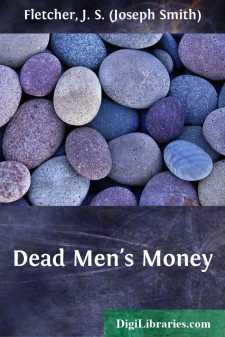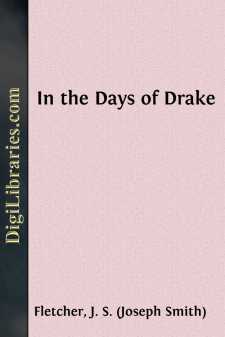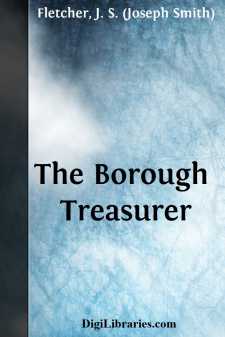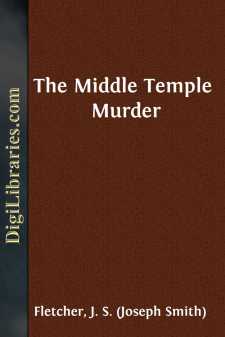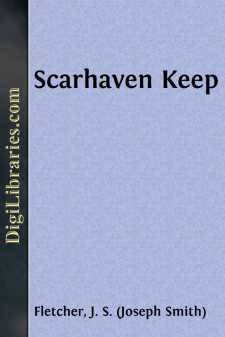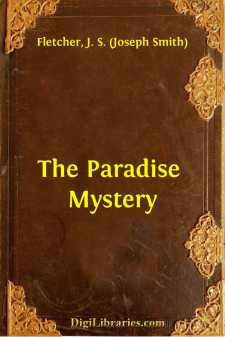Categories
- Antiques & Collectibles 13
- Architecture 36
- Art 48
- Bibles 22
- Biography & Autobiography 814
- Body, Mind & Spirit 145
- Business & Economics 28
- Children's Books 17
- Children's Fiction 14
- Computers 4
- Cooking 94
- Crafts & Hobbies 4
- Drama 346
- Education 56
- Family & Relationships 59
- Fiction 11833
- Foreign Language Study 3
- Games 19
- Gardening 17
- Health & Fitness 34
- History 1378
- House & Home 1
- Humor 147
- Juvenile Fiction 1873
- Juvenile Nonfiction 202
- Language Arts & Disciplines 89
- Law 16
- Literary Collections 686
- Literary Criticism 179
- Mathematics 13
- Medical 41
- Music 40
- Nature 179
- Non-Classifiable 1768
- Performing Arts 7
- Periodicals 1453
- Philosophy 66
- Photography 2
- Poetry 897
- Political Science 203
- Psychology 45
- Reference 154
- Religion 516
- Science 126
- Self-Help 85
- Social Science 82
- Sports & Recreation 34
- Study Aids 3
- Technology & Engineering 59
- Transportation 23
- Travel 463
- True Crime 29
Our website is made possible by displaying online advertisements to our visitors.
Please consider supporting us by disabling your ad blocker.
The Talleyrand Maxim
Categories:
Description:
Excerpt
CHAPTER I
DEATH BRINGS OPPORTUNITY
Linford Pratt, senior clerk to Eldrick & Pascoe, solicitors, of Barford, a young man who earnestly desired to get on in life, by hook or by crook, with no objection whatever to crookedness, so long as it could be performed in safety and secrecy, had once during one of his periodical visits to the town Reference Library, lighted on a maxim of that other unscrupulous person, Prince Talleyrand, which had pleased him greatly. "With time and patience," said Talleyrand, "the mulberry leaf is turned into satin." This seemed to Linford Pratt one of the finest and soundest pieces of wisdom which he had ever known put into words.
A mulberry leaf is a very insignificant thing, but a piece of satin is a highly marketable commodity, with money in it. Henceforth, he regarded himself as a mulberry leaf which his own wit and skill must transform into satin: at the same time he knew that there is another thing, in addition to time and patience, which is valuable to young men of his peculiar qualities, a thing also much beloved by Talleyrand—opportunity. He could find the patience, and he had the time—but it would give him great happiness if opportunity came along to help in the work. In everyday language, Linford Pratt wanted a chance—he waited the arrival of the tide in his affairs which would lead him on to fortune.
Leave him alone—he said to himself—to be sure to take it at the flood. If Pratt had only known it, as he stood in the outer office of Eldrick & Pascoe at the end of a certain winter afternoon, opportunity was slowly climbing the staircase outside—not only opportunity, but temptation, both assisted by the Devil. They came at the right moment, for Pratt was alone; the partners had gone: the other clerks had gone: the office-boy had gone: in another minute Pratt would have gone, too: he was only looking round before locking up for the night. Then these things came—combined in the person of an old man, Antony Bartle, who opened the door, pushed in a queer, wrinkled face, and asked in a quavering voice if anybody was in.
"I'm in, Mr. Bartle," answered Pratt, turning up a gas jet which he had just lowered. "Come in, sir. What can I do for you?"
Antony Bartle came in, wheezing and coughing. He was a very, very old man, feeble and bent, with little that looked alive about him but his light, alert eyes. Everybody knew him—he was one of the institutions of Barford—as well known as the Town Hall or the Parish Church. For fifty years he had kept a second-hand bookshop in Quagg Alley, the narrow passage-way which connected Market Street with Beck Street. It was not by any means a common or ordinary second-hand bookshop: its proprietor styled himself an "antiquarian bookseller"; and he had a reputation in two Continents, and dealt with millionaire buyers and virtuosos in both.
Barford people sometimes marvelled at the news that Mr. Antony Bartle had given two thousand guineas for a Book of Hours, and had sold a Missal for twice that amount to some American collector; and they got a hazy notion that the old man must be well-to-do—despite his snuffiness and shabbiness, and that his queer old shop, in the window of which there was rarely anything to be seen but a few ancient tomes, and two or three rare engravings, contained much that he could turn at an hour's notice into gold....



